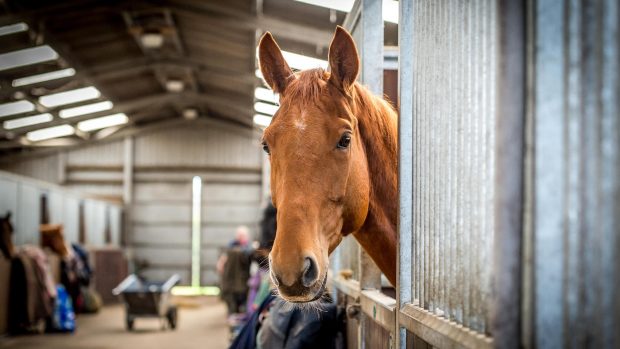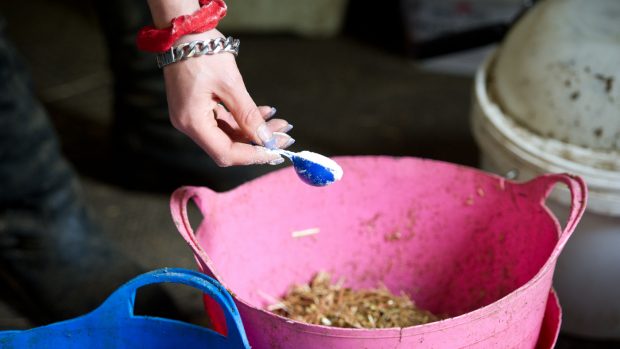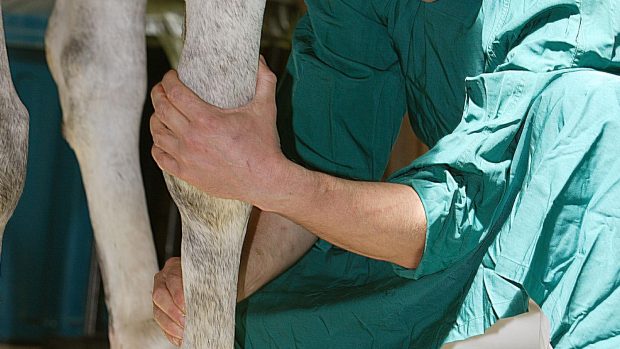A new pilot scheme announced by the British Equine Veterinary Association (BEVA) could have significant benefits for equine health and welfare in the UK.
Following a review of its charitable arm BEVA Trust the organisation’s members will give up time to perform free procedures for the British Horse Society’s (BHS) scheme to provide affordable castration for horse owners.
Microchipping and castrating are just two areas in which vets’ expertise could be harnessed through the proposed new charitable scheme.
The majority of BEVA members said they would be willing to donate their time for such a cause.
Lee Hackett of the BHS said the organisation was “hugely excited” by the announcement.
“It should have a direct and positive effect on horses and owners, thanks to the generosity of the vets involved,” he said.
“We are already exploring how the scheme may help us to expand our castration scheme.
This could make a real difference to Britain’s equine over-population problem, which is the root cause of the majority of the welfare problems we encounter.”
The move came following a review of BEVA’s philanthropic arm.
Julian Samuelson, chair of the BEVA Trust Review Committee, and managing director of The Bell Equine Veterinary Clinic in Kent, said: “We hope to create a niche position for it within the UK equine charity sector. The key will be identifying the right projects and getting the right people involved.”
Julian added that the scheme could also be “very beneficial” for new graduates and for vets “between jobs” to gain valuable experience in the field.
This news story was first published in H&H magazine (9 October 2014).



